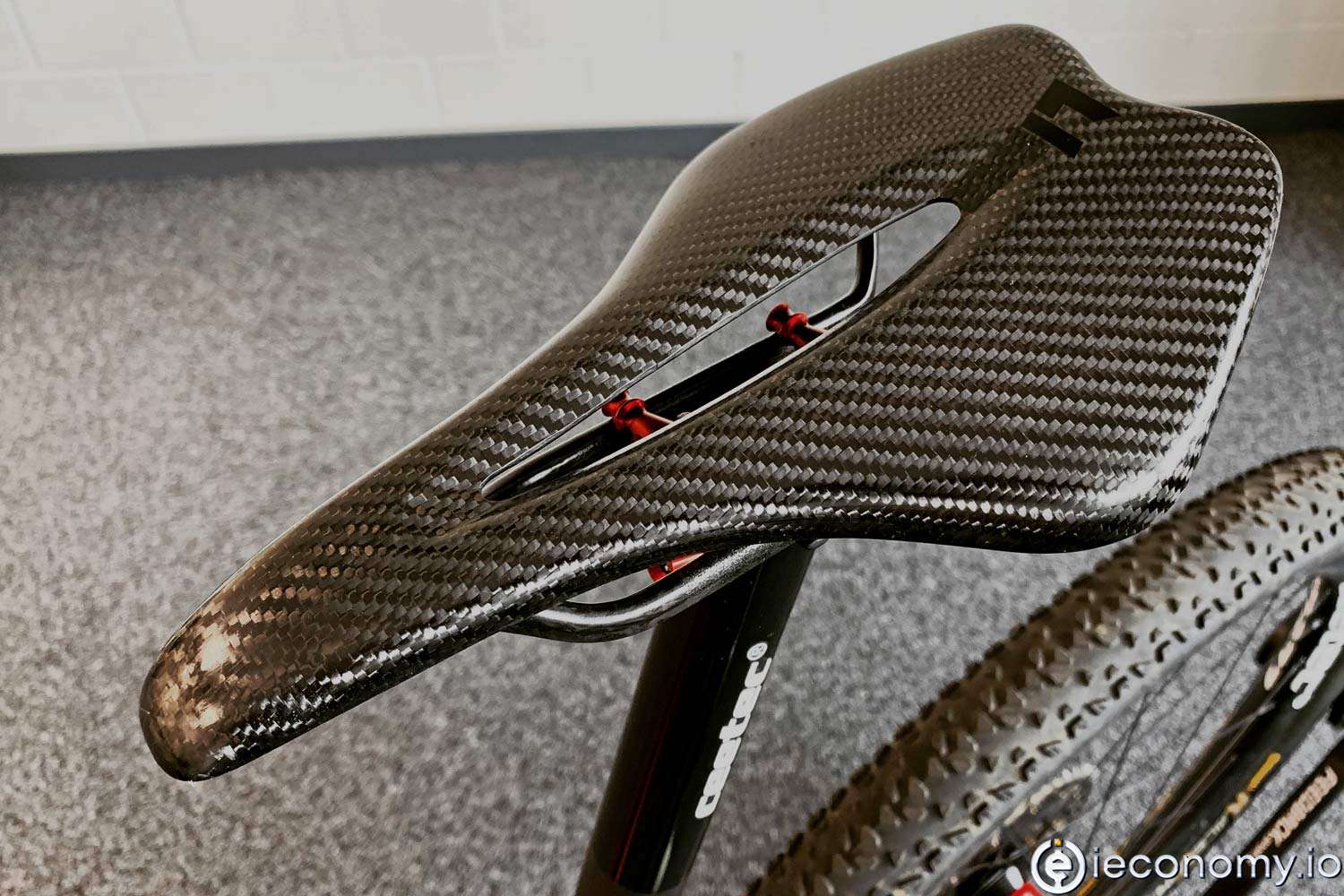6062
0
Recycling companies are worried about lightweight carbon components
Recycling companies are worried about the increasing spread of lightweight carbon components from cars to wind turbines.

Yazar: Tom Roberts
Yayınlanma: 31 Ağustos 2021 17:07
Güncellenme: 20 Şubat 2026 21:35
Recycling companies are worried about lightweight carbon components
Recycling companies are worried about the increasing spread of lightweight carbon components from cars to wind turbines. "The main problem with recycling is not the fiber itself, but that it is closely connected to other materials, which makes recycling, i.e. material recovery, difficult or not possible so far," says Jörg Lacher, spokesman for the Federal Association of Secondary Raw Materials. But since carbon is not only light, but also very stable and thus offers advantages for many industrial applications, the Federal Environment Agency assumes that carbon materials will spread even further in the future - with corresponding efforts in subsequent processing. Carbon fiber reinforced plastics (CFRP) consist of synthetic fibers that are woven and bonded using epoxy resins or other materials. The problem with disposal and recycling is mainly caused by composite materials - for example carbon fiber reinforced concrete or sandwich sheets made of two layers of metal with a layer of carbon in the middle. In other respects, however, carbon is a dream material. "CFRP used in the right places in the body structure offers a high degree of functional advantages," says a spokeswoman for BMW in Munich. "The material is very durable, five times stronger than steel, lighter than aluminum, can be shaped in almost any shape and does not rust." The BMW i3 electric car has a carbon body, and BMW also uses carbon in the A, B and C-pillars, in the tunnel and in the roof in the current 7 Series. "The vehicle weight has been reduced by a total of up to 130 kilograms compared to its predecessor, depending on the version and equipment," says the spokeswoman. "Lightweight construction makes a significant contribution to sustainability by reducing the use of materials and the associated CO2 footprint in the production and use phase." It is not just the auto industry that has taken a liking to carbon. Cyclists ride carbon frames, there are fishing rods and hiking sticks made of carbon, orthopedic splints and shoe soles, carbon fiber reinforced components, boat hulls, eighty-meter-long wind turbine rotors, not to mention exotic applications, for example in space travel. If it weren't for the disposal problem. Car manufacturers, for example, are bound by the EU's environmental guidelines. According to this, 95 percent of the vehicle weight must be usable, 85 percent recyclable. "Of course, this also applies to vehicles with a CFRP structure," says the BMW spokeswoman. "On average, when recycling CFRP, up to 50 percent of the raw material can be reused." In practice, however, the recycling companies have to contend with technical difficulties. Carbon is treacherous in combination with metal, such as is found in car parts, among other things. "Plastics containing CFRP can disrupt the recycling process," says the Federal Environment Agency in Dessau-Roßlau. "When CFRP is shredded, conductive, flammable fiber dust is generated, which brings with it the risk of damage and malfunctions in shredders and waste incineration plants." The advice of the authority: "Therefore, CFRP components should be dismantled before the body shell is handed over to the shredder system in order to counter the risk of short circuits."İLGİLİ HABERLER





European stocks soared and focus shifted to German retail sales after Powell's speech!

Forex Signal For TRY/USD: Inflation Slowdown in November.

Forex Signal For GBP/USD: Bullish Trend Still Not Breaking While Recovery Continues.

Forex Signal For EUR/USD: Starry US Data Points to Higher Fed Increases.

Forex Signal For BTC/USD: Downside Continues as Bitcoin Recovery Moves Less.
En Popüler Haberler
Yorum Yap
Yorumlar
Henüz yorum yapan yok! İlk yorumu siz yapın...